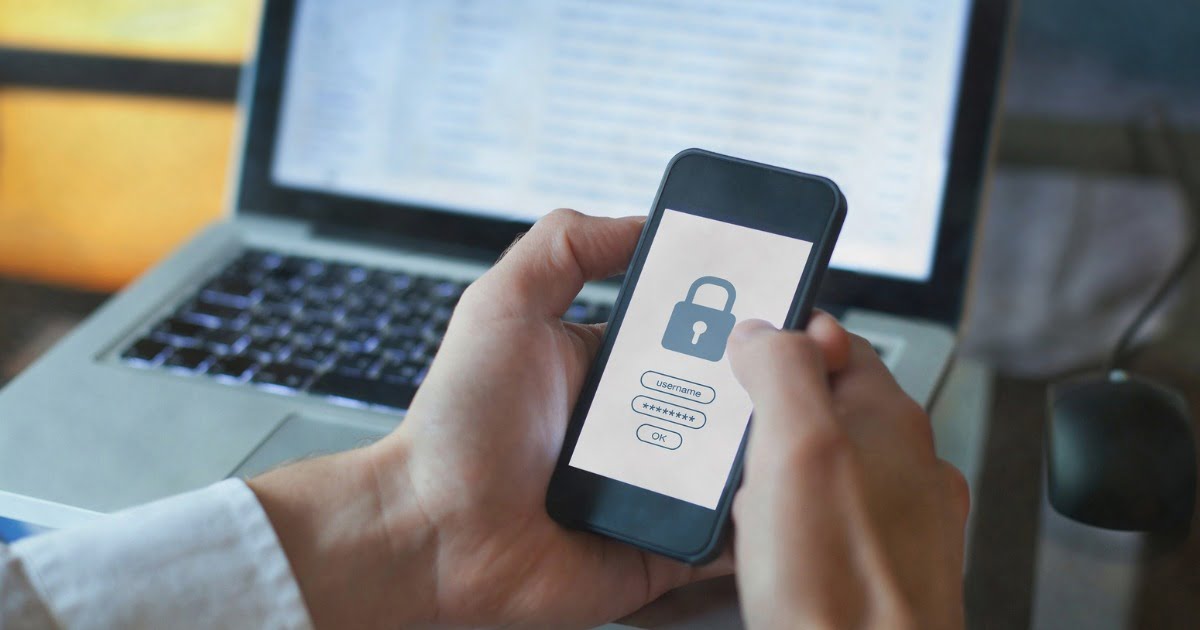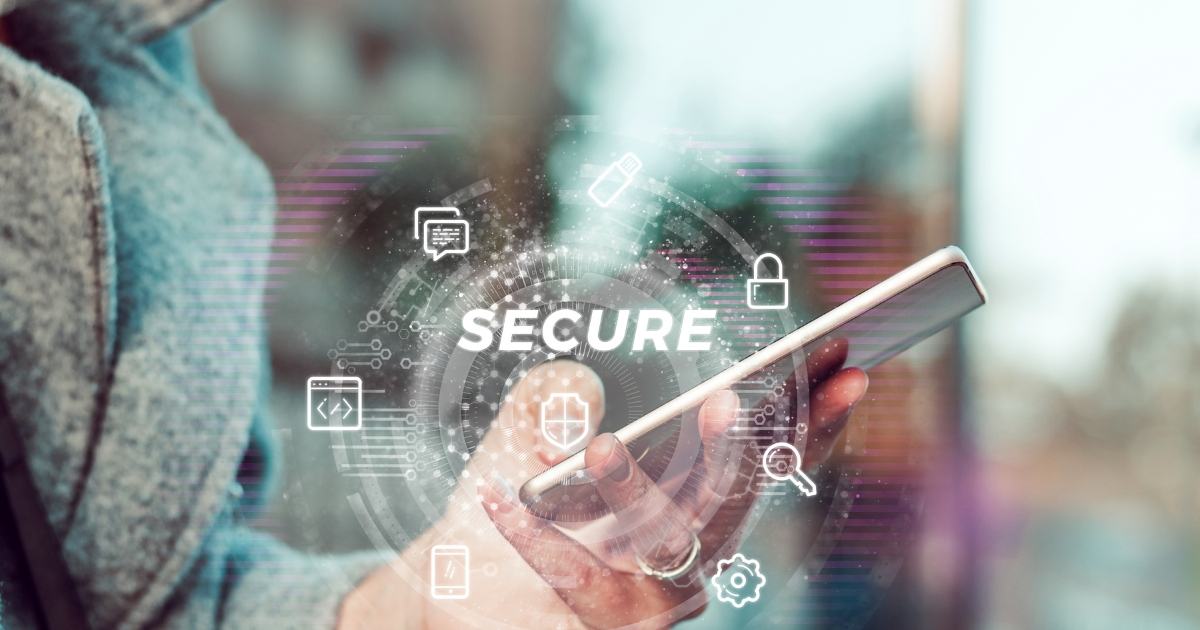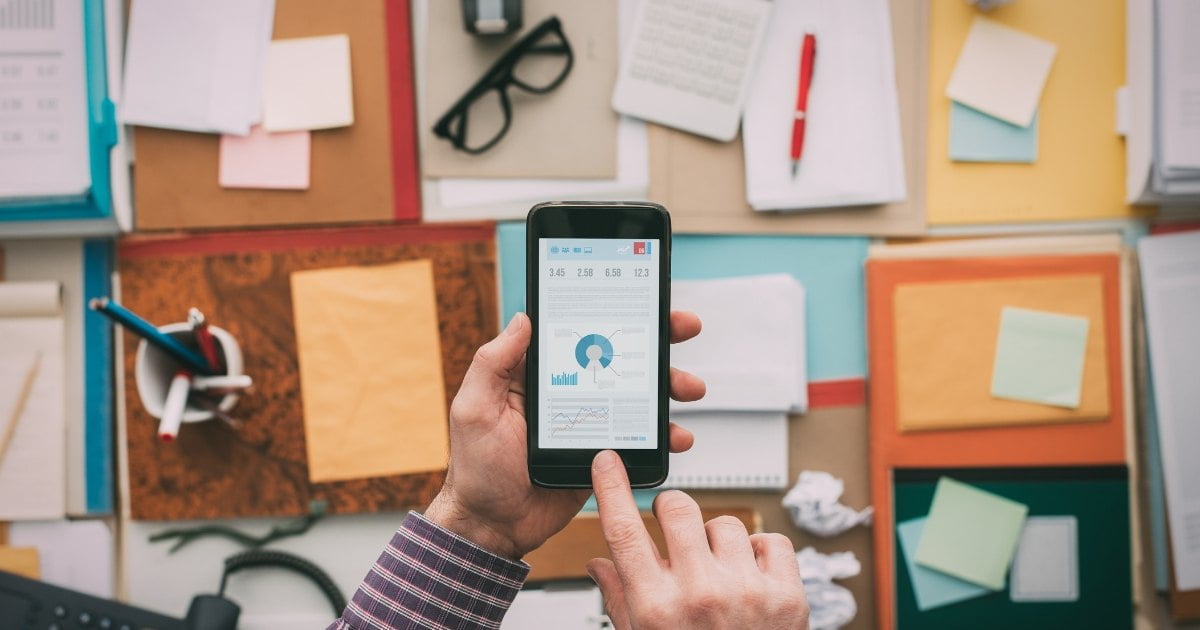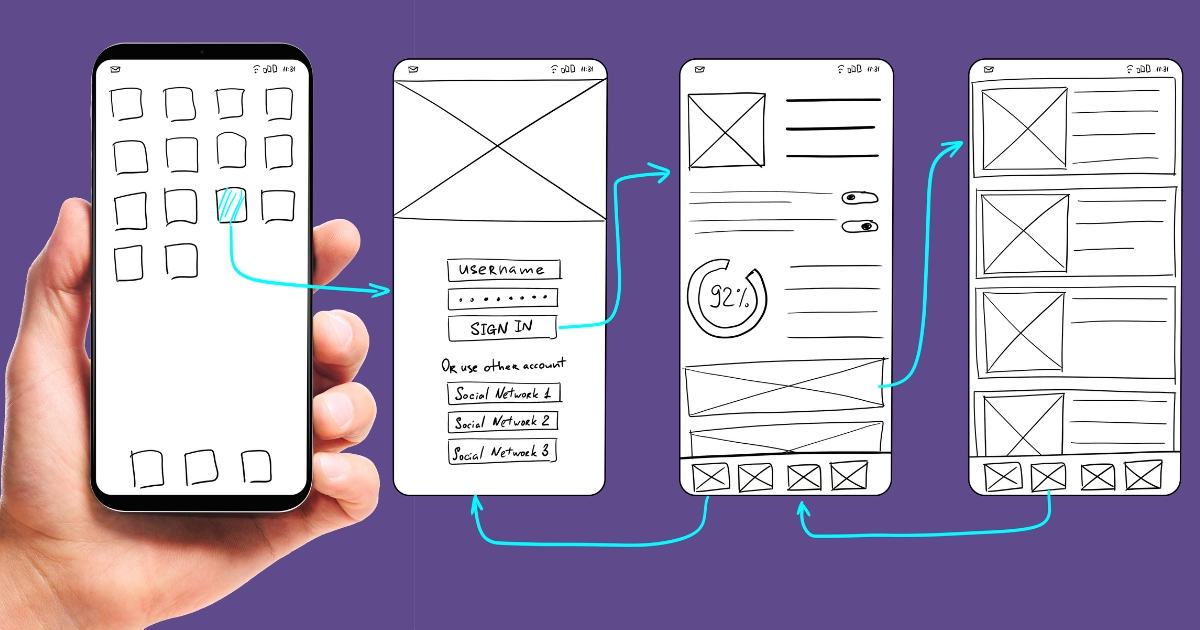Build Me App Inc. | Toronto's Most Affordable App Development Shop
- 180 John St. Toronto, ON M5T 1B3, Canada
- +1 (800) 330-6070
- hello@buildmeapp.io
Follow us
The importance of mobile app security and data protection
- Posted In: Mobile app development
- Published On: March 3, 2023

Introduction
Mobile applications have become an essential part of our lives, helping us accomplish tasks, communicate with others, and access information on-the-go. However, with the growing number of mobile apps development services, the risk of security breaches and data theft has also increased. Mobile app security and data protection have become a critical issue for both individuals and businesses. Mobile devices contain a vast amount of personal and sensitive information, making them an attractive target for cybercriminals. Mobile app security and data protection are not only crucial for individuals but also for businesses that develop and distribute mobile apps. A security breach can lead to significant financial and reputational damage for individuals and businesses. In this blog post, we will discuss the importance of mobile app security and data protection and the measures you can take to ensure the safety of your data.
Why is mobile app security important?

Mobile app security is vital because mobile devices contain a vast amount of personal and sensitive information. Mobile apps can store data such as passwords, bank account details, and credit card numbers. Hackers are always looking for vulnerabilities in mobile apps to steal this information, which can cause significant financial and reputational damage. Mobile app security is also essential for businesses that develop and distribute mobile apps. A security breach can lead to loss of revenue, damage to brand reputation, and legal liabilities.
Furthermore, due to the mobile app development cost, they are increasingly being used for business purposes, including enterprise resource planning, customer relationship management, and financial management. These apps can contain sensitive information such as trade secrets, financial information, and confidential business information. A security breach can lead to a loss of business-critical information, resulting in financial and reputational damage for the organization. Mobile app security is also essential for compliance with regulations such as the General Data Protection Regulation (GDPR), which mandates that businesses protect personal data and ensure individuals have control over their data. Failure to comply with these regulations can result in severe financial penalties.
In summary, mobile app security is crucial to protect personal and sensitive information, prevent financial and reputational damage, comply with regulations, and protect business-critical information
Measures to ensure mobile app security

Here are some essential measures you can take to ensure mobile app security:
Encryption: Encryption is a crucial technique for securing sensitive data in mobile apps. Encryption scrambles data into an unreadable format, making it unreadable by unauthorized users. Ensure that your mobile app uses encryption to secure data during transmission and storage.
Vulnerability assessments: Regular vulnerability assessments can help identify and address security weaknesses in your mobile app developmental services. These assessments should be performed by experienced security professionals to ensure that all potential vulnerabilities are identified and addressed.
Secure coding practices: Secure coding practices can help prevent security vulnerabilities in mobile apps. Developers should follow coding standards, including secure input validation, error handling, and memory management.
Secure coding practices: Secure coding practices can help prevent security vulnerabilities in mobile apps. Developers should follow coding standards, including secure input validation, error handling, and memory management.

Multi-factor authentication: Multi-factor authentication adds an extra layer of security to mobile apps. Users must provide two or more forms of identification, such as a password and a fingerprint, to access the app.
Access controls: Access controls should be implemented to ensure that only authorized users have access to sensitive data.
Secure APIs: APIs (Application Programming Interfaces) are used to transmit data between mobile apps and backend systems. Secure APIs should be used to ensure that data is transmitted securely.
Regular updates: Regular updates can help address security vulnerabilities and improve the overall security of your mobile app.
In summary, mobile app security measures such as encryption, vulnerability assessments, secure coding practices, multi-factor authentication, access controls, secure APIs, and regular updates can help ensure the security of your mobile app and prevent security breaches.
Why is data protection important?

Data protection measures are essential for mobile app security because they help ensure that personal and sensitive information is stored, transmitted, and processed securely. Data breaches can cause significant financial and reputational damage to individuals and businesses. Data protection is also essential for compliance with data protection regulations such as GDPR, which mandates that businesses protect personal data and ensure individuals have control over their data.
Data protection measures include encryption, secure authentication, secure data storage, secure transmission protocols, and secure deletion of data. This information can include contact details, financial information, health data, and other sensitive information. A data breach can result in significant financial and reputational damage, both for individuals and businesses.
Encryption is a critical data protection measure that scrambles data into an unreadable format, making it unreadable by unauthorized users. Encryption should be used to secure data during transmission and storage to prevent unauthorized access.

Secure authentication is another crucial data protection measure that can help prevent unauthorized access to data. Strong authentication measures, such as biometric authentication and multi-factor authentication, can help ensure that only authorized users have access to sensitive data. Secure data storage is also essential for data protection in mobile apps developmental services. Sensitive data should be stored in an encrypted format, and access to the data should be restricted to authorized users only.
Secure transmission protocols should be used to ensure that data is transmitted securely between the mobile app and backend systems. Secure transmission protocols can help prevent unauthorized interception of data during transmission. Lastly, secure deletion of data is essential to ensure that sensitive data is not accessible once it is no longer needed. Data should be securely deleted from mobile devices, as well as backend systems, to ensure that it cannot be accessed by unauthorized users.
In summary, data protection measures are essential for mobile app security because they help ensure that personal and sensitive information is stored, transmitted, and processed securely. Encryption, secure authentication, secure data storage, secure transmission protocols, and secure deletion of data are crucial data protection measures that can help prevent security breaches and protect personal and sensitive information.
Measures to ensure data protection

Here are some essential measures you can take to ensure data protection:
Use secure data storage: Mobile apps should store sensitive data in an encrypted format. Ensure that data is encrypted during storage and transmission to prevent unauthorized access.
Implement access controls: Access controls should be implemented to ensure that only authorized users have access to sensitive data.
Use secure APIs: APIs (Application Programming Interfaces) are used to transmit data between mobile apps and backend systems. Secure APIs should be used to ensure that data is transmitted securely.

Regularly update your mobile app: Regular updates can help address security vulnerabilities and improve the overall security of your mobile app.
Conclusion
Mobile app security and data protection are critical for individuals and businesses. By implementing measures such as encryption, regular vulnerability assessments, secure coding practices, and multi-factor authentication, you can ensure the security of your mobile app. Similarly, by using secure data storage, implementing access controls, using secure APIs, and regularly updating your mobile app, you can protect your sensitive data. Taking these measures can help prevent security breaches and ensure the safety of your data.